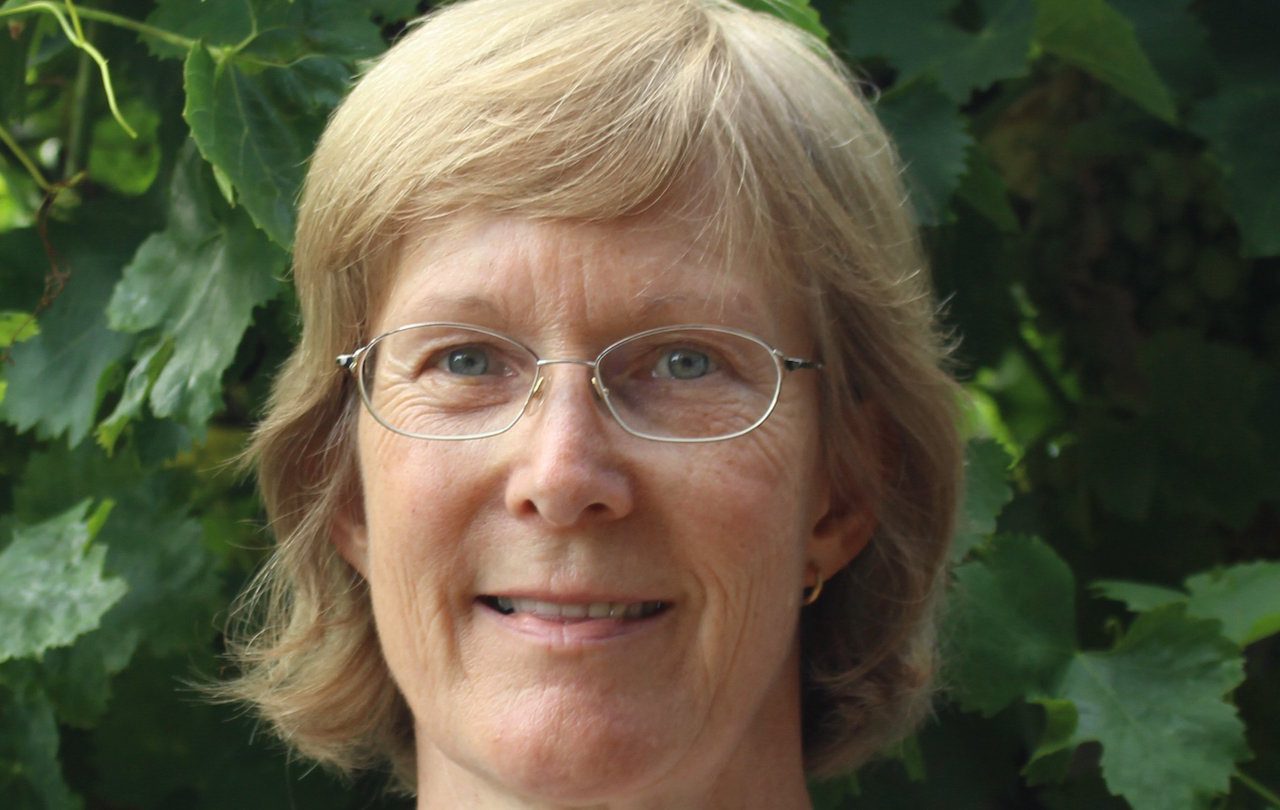
Jane Thomson, The Fabulous Ladies’ Wine Society
Although we’ve happily reached a stage where equal numbers of women and men are graduating from viticulture and winemaking, retaining women in the Australian wine industry is another story entirely. Currently, participation rates in winemaking and viticulture are at just under 10 percent and – even more worryingly – in decline.
Most think that to increase the number of women in wine we need to work harder at attracting women into the industry. The reality is, we have little trouble attracting them, it’s keeping and supporting women in their long-term wine career that’s the challenge.
What’s going on? Why are they leaving?
This year the 2018 Australian Women in Wine Awards wants to raise industry awareness of this significant retention issue, as once again we strive to champion and celebrate the work of Australian women in wine.
In this series, some previous winners highlight challenges they have faced, what’s kept them in their careers, and what they’d like to see more of to assist women to achieve their career potential in wine.
WBM – Australia’s Wine Business Magazine is a proud sponsor of the awards. In this series, some previous winners highlight challenges they have faced, what’s kept them in their careers, and what they’d like to see more of to assist women to achieve their career potential in wine.
Eileen Scott, University of Adelaide
Winner 2017 ‘Researcher of the Year’
What attracted you into the wine industry?
I am employed by the University of Adelaide, where I teach and conduct research. In 1992, I was offered the opportunity to conduct research on diseases of grapevines in the Cooperative Research Centre for Viticulture. This allowed me to apply experience gained with other crops to grapes and to collaborate with a wide range of interesting people at universities, research institutes and in the wine industry. This, in turn, led to opportunities to teach undergraduate and postgraduate coursework students in viticulture and to supervise honours and postgraduate research students and staff.
How many years have you been working in the industry? And did you have any other careers before that? If so, for how long?
I have conducted research in collaboration with the wine industry almost continuously since 1992, so 26 years. I have taught coursework students and supervised research students for much of this time. Increasingly, as a member of my School and Faculty leadership teams, I work with staff to support professional development and career progression. I joined the University of Adelaide as a lecturer in December 1987. Before that, I worked at the National University of Singapore for three years, where I taught and conducted research in plant sciences in general. Before that, I worked at the Plant Breeding Institute near Cambridge, England, for two years in research on diseases of canola.
What do you think are some of the innate challenges women may face in this industry that make staying in their wine career difficult?
While I do not work in the industry itself, my research has involved working in the vineyard and making wine in two vintages (while my two children were in primary school), which has provided some insights. The annual cycle of grapevine growth, harvest and vintage imposes timing constraints and limits flexibility, which could make juggling family responsibilities a challenge at certain times of the year. In conversations with students who have undertaken work placements and the like, some have experienced sexism in the workplace, others have found it difficult to fit in. These experiences discouraged them from continuing with a career in the wine industry.
Have you personally faced any career challenges that have made you think about leaving?
None, although the lack of research funding limited engagement for a few years.
What do you think has helped you stay and progress in your career?
The engagement of industry and research collaborators has made working with the wine industry a rewarding experience. Also, teaching students, watching them develop skills in the field and, best of all, reconnecting with graduates at industry workshops or even working with them as research collaborators is particularly rewarding. I get a real buzz from catching up with graduates and hearing about how their careers have progressed.
What practical steps do you think employers and the industry at large could take to retain more women?
Provide more opportunities for flexible working hours and job sharing. Trusting staff to work in a pattern that suits their needs provided they get the job done, i.e. judging people on their outputs rather than the time spent physically in the workplace. Listening to women and valuing their ideas. Giving women the same opportunities as men to take on new responsibilities or roles without making assumptions that they might not want or be able to do them. Appoint more women to leadership positions and celebrate their success, to provide role models for more junior women.
Jane Thomson is the founder of the Australian Women in Wine Awards. There’s only two weeks until entries close on Tuesday 18 September. The announcement of all the winners will occur at Australia’s first Women in Wine Symposium & Awards Day on Friday 16 November in Sydney. For full info and tickets click here





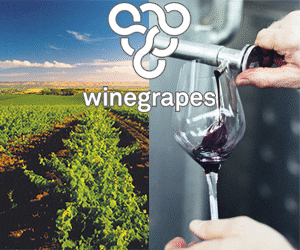
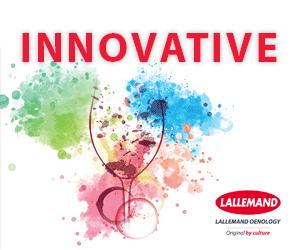
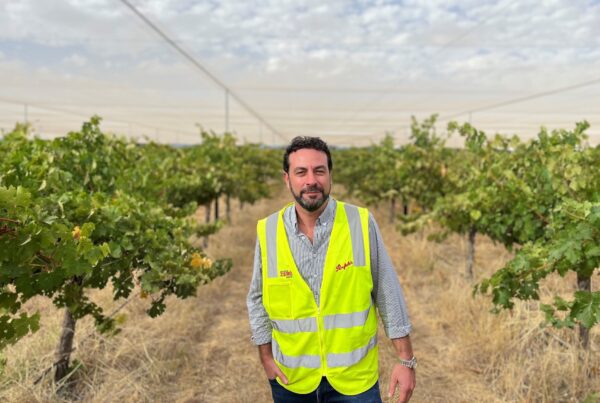

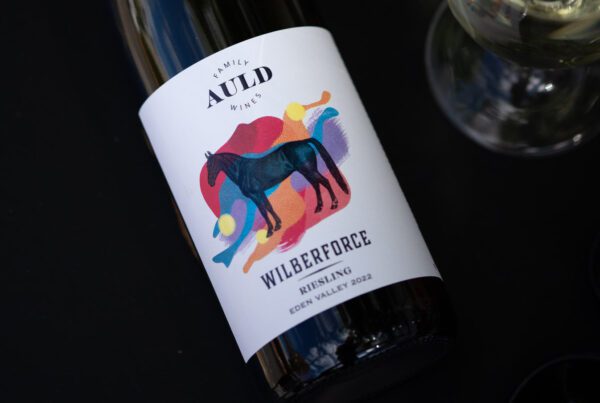
Recent Comments